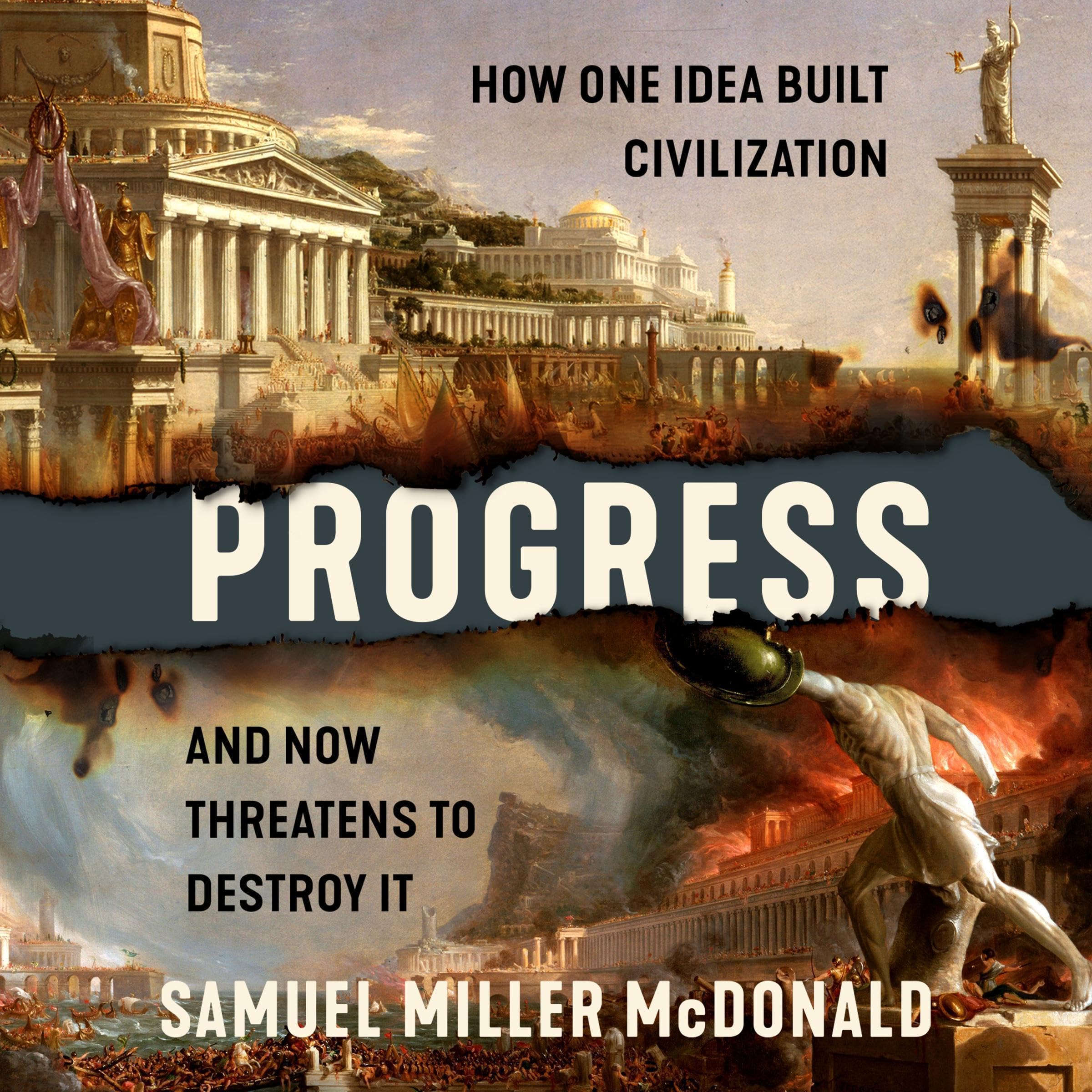What do you think?
Rate this book


Audible Audio
Expected publication December 2, 2025
...we have to reconcile the necessities of the moment with those of the past and the conditions of the future. There is no one single model for how best to organize a society since what's best will depend on local ecologies and circumstances. The Anthropocene is likely to be an epoch of re-diversifying human cultures and societies even as coastlines shift, deserts expand and climate zones climb latitudes. What I am most concerned with is that the faulty relationship between human systems and ecological systems at the heart of the last 5,000 years. A relationship built on expansion and exploitation should be forever destroyed. Freedom from parasitism will ensure long-term survival of some sort.The final chapter of the book is titled "Meaning Beyond Progress" in which the author explores several philosophies of life that will find meaning "in deferring the fulfillment of certain present impulses in the interest of future balance." Wise individuals arriving at such a state of mind is conceivable, but one must wonder about the widespread adoption of such thinking to achieve needed change.
For 5 millennia, progress has offered a paradise of tomorrow, a new frontier that would finally bring everlasting joy, peace and contentment, not revealing that someone else's paradise had to be destroyed to open that frontier. In order to have any future, or any worth enduring, we need a new conception of our place in our ongoing history. We might not build paradise but at least we may craft branching slivers of peace and contentment, arteries coursing through the world along which joy, life, and beauty may still pass.I had access to a prepublication ebook edition of this book using the NetGalley Reader.